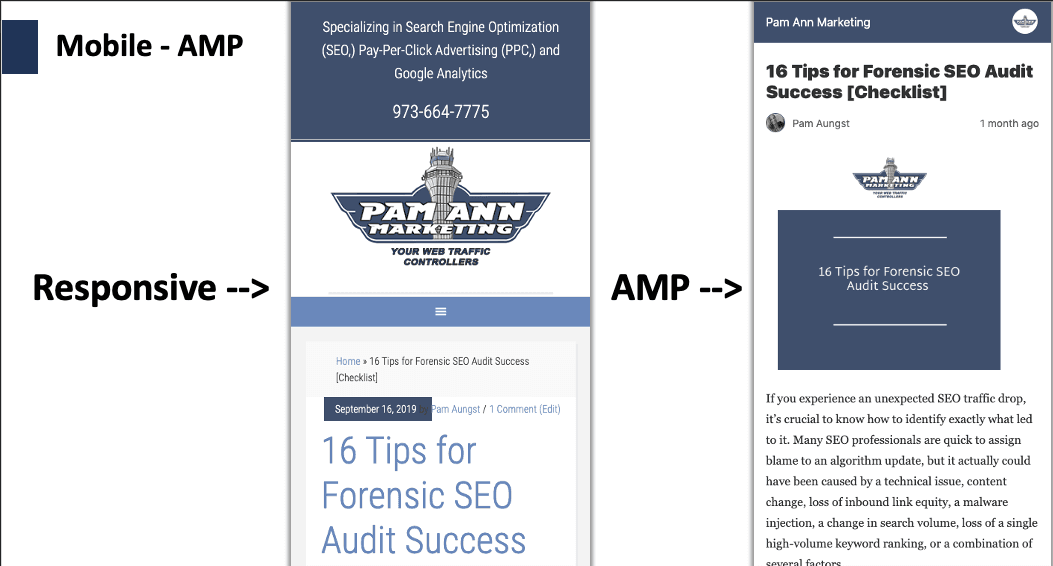AI-powered martech news and releases: August 8

Does your consumer product have AI? Do yourself a favor and don’t tell anyone.
A study of 1,000 people found products described as having AI were consistently less popular than those that weren’t.
“When AI is mentioned, it tends to lower emotional trust, which in turn decreases purchase intentions,” said lead author and Washington State University clinical assistant professor of marketing Mesut Cicek in a statement. “We found emotional trust plays a critical role in how consumers perceive AI-powered products.”
For example, researchers found people were far less likely to purchase a smart television when its description included “artificial intelligence.” A separate group was far more likely to buy it when the words were omitted from an identical description.
The effect was even greater with high-risk/big-ticket purchases like expensive electronics or medical devices. Researchers said this could be because consumers are more wary of monetary loss or danger to physical safety.
“Marketers should carefully consider how they present AI in their product descriptions or develop strategies to increase emotional trust,” said Cicek. “Emphasizing AI may not always be beneficial, particularly for high-risk products. Focus on describing the features or benefits and avoid the AI buzzwords.”
The study was published in the Journal of Hospitality Marketing & Management.
And now, here’s this week’s AI-powered martech news and releases:
Optimove has partnered with Captain Up and Gamanza Engage to create AI-driven gamification solutions. This allows for the integration of gamification features into Optimove’s marketing platform, enhancing customer engagement through real-time event synchronization and personalized interactions. It also supports comprehensive campaign measurement, enabling operators to evaluate the effectiveness of their gamification strategies.
OLIVER’s generative AI tool Slipstream lets users create complete creative briefs to get better results from their agency partner. It checks the initial brief — whether a formal document or a hurried email – for all the key components, such as budgets, timings, target audiences and objectives. The user can then add any missing items. Once that is done, Slipstream puts the brief into a template format and checks to see if it reflects the client’s priorities and business objectives — anything from the need to focus on sustainability or DEI to the brand’s tone of voice and distinctive brand assets.
Webgility’s Webgility AI Assistant is designed to assist small and medium-sized businesses (SMBs) automate their e-commerce workflows. This AI-powered chat assistant utilizes natural language processing to provide quick answers and perform tasks like posting orders to QuickBooks. The feature aims to streamline access to business analytics, helping users manage orders, refunds, and product information efficiently.
ShareThis’ new contextual targeting solution uses AI to analyze web page content for ad placements. It uses large language models and consumer behavior insights to enhance URL classification and contextual targeting without relying on cookies. This allows advertisers to improve the relevance and effectiveness of their ad placements.
Adobe’s Adobe Journey Optimizer (AJO) B2B Edition uses generative AI to create targeted buying groups and personalized customer journeys across various channels. It also assists in creating tailored content and enhances collaboration between sales and marketing teams.
Coveo and Optimizely are working to enhance AI-powered search capabilities across digital platforms. This collaboration focuses on providing personalized user experiences through Coveo’s generative answering solution and advanced search functionalities. The integration aims to improve content discoverability and streamline access to information, allowing businesses to deliver tailored experiences efficiently.
Dstillery integrated its audience solutions with the AI-powered curation platform Onetag. This allows brands and agencies using the Onetag Smart Curation platform to access Dstillery’s pre-built models through private marketplaces. These models utilize ID-free technology, which predicts the value of an ad impression without identifying the user, offering a privacy-safe solution for advertisers.
Consumr.ai’s Audience in Motion helps brands predict audience movements using deterministic data. This data-driven approach provides real-time intelligence, aiding strategic planning while complying with GDPR and CCPA. The platform offers quick implementation and delivers detailed insights into consumer behavior, enabling brands to make informed decisions.
Marketeam.ai’s Maya is an AI Brand Analyst designed to analyze real-time data on brand and market trends. It generates marketing opportunities and plans while working with other AI agents to enhance performance across various channels, providing a comprehensive solution for marketing analysis and strategy.
PMG’s marketing platform Alli added two AI features to improve campaign planning and creative insights. The Audience Planner allows precise audience targeting by integrating first-party and walled garden data, while Creative Insights analyzes ad performance across channels.
Wondercraft has unveiled the world’s first AI “Ad Studio,” which simplifies audio ad production for creative teams. This platform allows users to produce and iterate studio-quality audio ads quickly by typing, streamlining the creative process for agencies and brands.
The post AI-powered martech news and releases: August 8 appeared first on MarTech.



